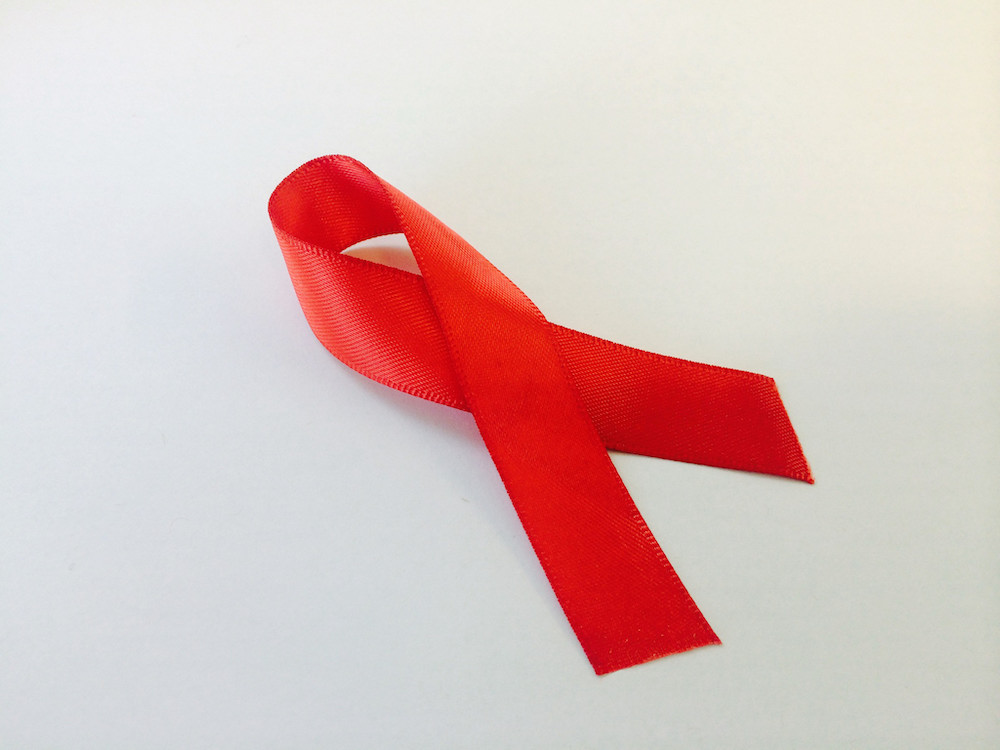Written by Representative Bonnie Watson Coleman and National Black Justice Coalition Executive Director, David Johns
We are fortunate to live in a world where HIV/AIDS no longer carries the diminished life expectancy or limited options for treatment that once made it so terrifying. From its peak in the mid 1980s, we’ve reduced new infections by more than two thirds, and the number of people living full, active lives with HIV has increased substantially. Unfortunately, it still carries the same stigma, and there are still groups with an outsized risk of contracting HIV/AIDS. As is the case with many other diseases and comorbidities, Black women are affected by HIV/AIDS at rates that outpace their share of the population.
African Americans in general make up just 12 percent of the population, yet comprise more than 44 percent of HIV diagnoses. Once diagnosed, we face worse outcomes. While Black men receive HIV diagnoses more frequently, Black women are the most disproportionately affected — and they’re seeing numbers go the wrong way. In 2015, 59 percent of women with HIV diagnoses were Black. In 2016, the proportion for new diagnoses ticked up slightly to 61 percent. This enduring disparity touches our transgender sisters too. Between 2009 and 2014, 84 percent of transgender people diagnosed with HIV/AIDS were transgender women, and half of transgender people diagnosed with HIV were black.
All of these numbers paint a familiar picture — the disproportionate impact of HIV/AIDS in the Black community. Despite media portrayals and enduring stereotypes, this is not because of increased sexual activity or promiscuity. This is because our communities continue to lack access to affordable, high-quality healthcare and information about preventive measures like Pre-Exposure Prophylaxis (PrEP).
Blavitize your inbox! Join our daily newsletter for fresh stories and breaking news.
The continued presence of HIV in the Black community is systemic. The stigmatization of diagnosis plays a role, as does the treatment inequality we experience when we seek help at the same medical facilities as our white counterparts — inequality that comes from inherent bias and often means providers don’t listen to our concerns or offer comparable treatments.
HIV in the Black community is also the result of the public and private discourse at our kitchen tables and barbershops, as well as our access to both the facilities and socioeconomic opportunities that correlate to better health. It is about where we’re able to live and where we can find work as much as it is about just knowing that tools like PrEP exist. This past weekend our nation observed National Women and Girls HIV and AIDS Awareness Day (NWGHAAD), and there’s no better way to acknowledge the continuing disparity of HIV/AIDS than to take action.
If you are HIV-negative and engaged in sexual behavior that puts you at risk for HIV, talk to a doctor about PrEP, a daily pill that can work to keep the HIV virus from overwhelming your immune system and reduce the risk of getting HIV from sex by more than 90 percent. If you don’t know your status, or think you may have been exposed to HIV, visit a doctor right away.
You can also add your voice to the call for a critical step at the Congressional level — passage of the Equality Act, which will be introduced later this week. The Equality Act updates civil rights laws to explicitly prohibit discrimination based upon a person’s sexual orientation or gender identity in employment, housing credit, public schools, public accommodations, jury service and programs that receive federal funding. It advances socioeconomic equality for all people, including Black LGBTQ people. Equal treatment sets the table for the kinds of open and non-discriminatory conversations that will encourage friends and family members to get tested and make HIV/AIDS a thing of the past.
We’ve made tremendous progress in our global fight against HIV/AIDS, but we can’t afford to scale back or let up. Access, education, and equality all have a role to play in stopping HIV/AIDS and the stigma that has allowed it to decimate Black communities, but we have the tools to prevent it.
We owe it to Black women, and everyone affected by HIV/AIDS, to finish this fight and win.
Rep. Bonnie Watson Coleman is the U.S. Representative for New Jersey's 12th congressional district.
David J. Johns is the Executive Director of the National Black Justice Coalition, America’s leading civil rights organization dedicated to the empowerment of Black LGBTQ and Same-Gender-Loving people.
